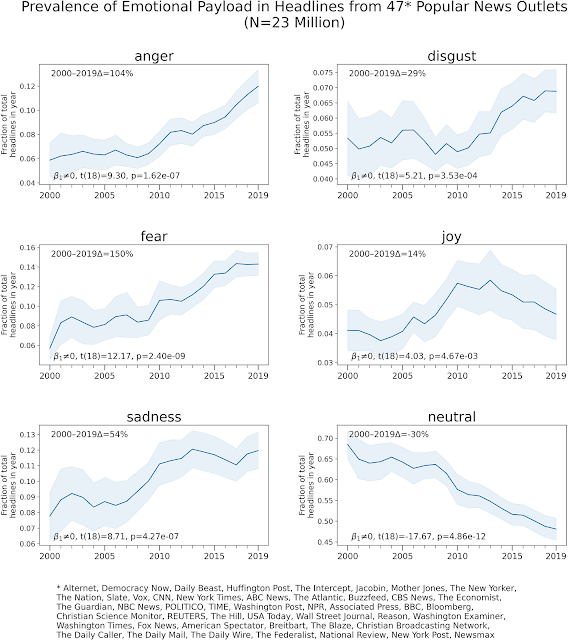Financial markets and economic growth
This article appeared in Voxeu.org on November the 3rd 2011.
Wrote by Popov and Smets from ECB it summarizes recent available research on the relation between finance and economic growth.
According to them, a decade ago researchers were already convinced of the relation:
The truth, authors say, is that this is an old debate:
A host of academic papers had concluded that deeper domestic financial markets improve economic efficiency, lead to a better allocation of productive capital, and increase long-term economic growth (see Levine 2005 for a recent review) […] Financial market liberalisation – in particular, equity market liberalisation – has also been found to raise long-term growth by about 1% per year (Bekaert et al 2005).
financial markets provide valuable services, like channelling resources from people with money and no ideas to people with ideas and no money, screening out unproductive projects, and actively monitoring and providing value-enhancing services to productive projectsBut other researchers argued that this growth increase is not for free:
more dynamic financial industries and more integrated financial markets are associated with more frequent financial shocks and higher macroeconomic risk. For example, there has been a strong perception that foreign capital increases volatility both in the financial markets and in the real economy (Stiglitz 2000).Authors Popov and Smets, argue that
there is a tradeoff between growth and risk and that vibrant financial markets may tend to exacerbate this tradeoffIn summary, although well-developed financial systems play a crucial role in stimulating growth they are also associated with more frequent financial shocks and higher macroeconomic risk.
The truth, authors say, is that this is an old debate:
Schumpeter’s view was that cycles are efficient. Because productive ideas do not arrive at a constant rate, economic growth tends to be associated with a boom phase, followed by a recession that ensures that unproductive projects are cleansed from the economy. In contrast, Minsky (1986) – and also Kindleberger (1978) – contended that finance tends to cause an inefficient boom-bust cycle. Good times give rise to speculative investor euphoria and excessive debt and leverage which ultimately leads to a costly financial crisis.All this reminds me about the Modern portfolio theory which essentially says that increasing asset returns are inherently linked to more risk and diversification can reduce that risk.


Comments